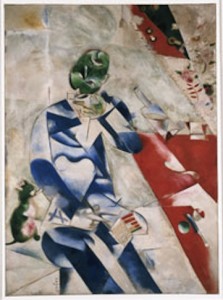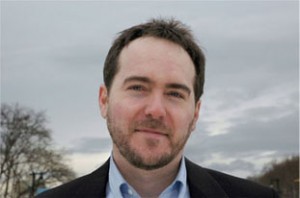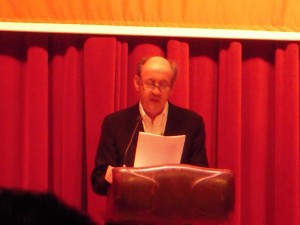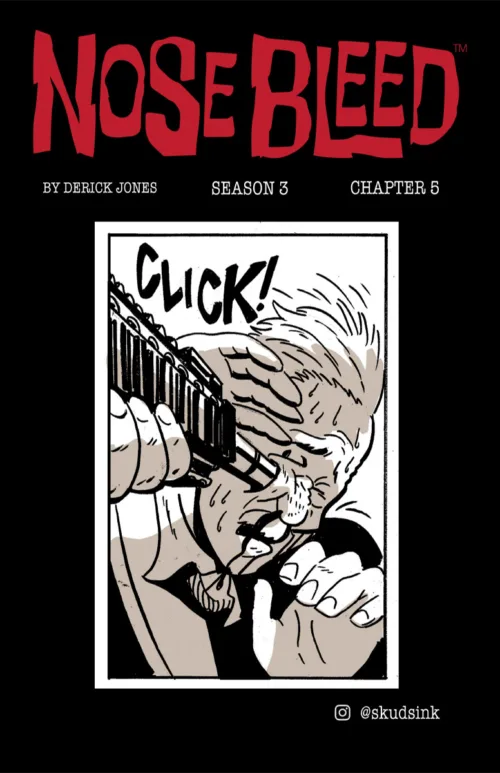Poets make great art critics. As metaphor-makers themselves they respond to the metaphorical realm of visual art in a direct way and can often write eloquently about it.

I’ve never written poetry (do limericks count?), and after college I put away my Norton Anthology and have not often taken it out to read the works of Keats, Yeats, Coleridge and Eliot, words that I struggled with and loved and hated and wrote papers about. Some years back, however, I heard Billy Collins reading his poems on the radio (Fresh Air on NPR) and was catapulted out the door to buy a book of his works.
This is poetry I didn’t think was possible. Poetry with humor and a quiet voice that told you a story that was about ordinary things like … eating Osso Buco; or ruminating on the girls in the pinup calendar on the wall at the car mechanic’s. Of course these poems are not really about Osso Buco or pinups. They start in the mundane world of the senses then slip into the realm of the spirit and often wind up in deep, mysterious places, like, at death’s door.
April is poetry month and by serendipity I heard a poetry reading on the radio while driving in my car. Radio is perfect for poetry because it requires you to imagine. I don’t listen to books on CD in the car, but I loved hearing poetry while I was out running errands. It perked me right up. (Listen to the Radio Times program here.)
Later on in April I went to two poetry readings, and each experience showed me how much art and poetry are alike in their ability to stimulate the imagination.
Sharon Black, a Philadelphia area poet who I heard at Slought as part of the new Slought Fellows series, is a disarmingly humble poet whose works are homey and yet, like a home, surrounded by prickly brambles and a some surprises inside and out. Black (I’m sorry I don’t have a photo) does some wonderful visual conjuring in her works like in the love poem to her house in which she talks about how the house sits “in the grass like a contented cow.” Read another house poem of Black‘s.

Thomas Devaney, also a Philadelphia poet, was featured in the radio program along with Susan Stewart and Elaine Terranova. Devaney, who teaches at Penn and works on many projects with the ICA, writes poems that are conversational and vernacular. Sonnet, which I believe he read on the radio, circles around three images — rain-soaked hair, reading a book of Milton and eating a BLT. Simple images but wrapped in a story that suggest a kind of failed love, a love from a distance that might have been. Read Devaney’s sonnet here.

Billy Collins spoke at the Free Library last Thursday to a packed audience prepared to laugh. And laugh we did. The man has the gift of the gab, and in between reading his often very funny poems he kept up a banter about this and that and where the poems may have taken off from. Collins is a maker of exquisite images. One I loved is in his Spring poem in which he is so happy with the arrival of Spring that he wants to share it with everyone — including those people trapped in the snow globe who he will liberate so they too can experience the new season. Collins, like all poets, is an eavesdropper. He’s also a college teacher attuned to the patois of the young. “What She Said” riffs on the phrase “Like give me a break” turning it this way and that and showing it as the kind of statement of the ridiculous that it really kind of is. After reading the poem, he quipped that he also knows now that Oh My God or OMG is a verb and has a past tense. His proof — a woman who says, “I was like OMG.”
Collins said he was a happy cribber of lines from other poets’ works. And he explained that he was influenced by Coleridge’s “domestic” poems which begin with the real world and then dive head first into the mystical. He often gets inspired when he goes to a museum and looks at the art. He had been to the PMA earlier that day he said and loved some Amish works he saw, which he took copious notes on and which may turn into a poem some day.
The man was generous with his time — he read and answered questions for more than an hour. He would have stayed longer but he had to go perform afterwards with the literary rock band, Rock Bottom Remainders at the Electric Factory who were performing around the country to raise money for Haiti relief groups and here in Philadelphia for the Free Library.
Here part of the audience Q&A that followed the reading.
Q. I love your CD. When are you doing another CD?
Billy Collins. That’s easy, I don’t know.
Q. How do you know when to leave a poem alone?
BC To make a painting you need two people. One to paint and the other to cut the hands off the painter (when it’s done)….I usually have a destination in mind. If you have a destination, then you (have less trouble). It’s about structure. I like to start in Kansas and get to Oz. If you start in Oz you lose everyone. Every poem has a tornado in it. ….and revision is for weaklings (laughs).
Q. What’s your process? Do you write every day?
BC I try to write a poem in one sitting…I’m too curious about where this is going to go to the movies or (put it aside till next Monday). I want it to be a single experience. If it happens for me then there’s a chance that will be created for you.
Q. You’re at the top of the profession. Where do you find honest criticism of your new work?
BC Oh it’s out there (laughs). I’m shot down left and right. One thing. When you’re writing clear poetry you’re open to criticism.
Q. Jazz comes up a lot in your work. What is it about jazz?
BC Nothing really. It’s on in the background a lot…jazz is just another metaphor. I hate jazz poetry, especially the mimetic kind. Jazz is there first like cooking or walking the dog. Someone said poetry and jazz are alike — they’re improvised. Well, a trumpet doesn’t have an eraser. You can’t call back those notes.
Q. Your work has twists and turns.
BC Lots of people start somewhere (with a subject) but a poem wants to lose that subject. The idea is to lose the topic. The poet I learned from most is Coleridge, his Conversation poems, Nightengale, Frost at Midnight. They start in a domestic setting. I think that’s new with Coleridge. They start at home and 20 lines later he’s gone — into a speculation about…(the universe). If the poet stays with the topic and sets it down like a piece of furniture at the end it’s not too interesting.
Q. What’s your role in the Rock Bottom Remainders?
BC I sang once. They allowed me to sing Gloria. There were pretty sure I could spell it.
Q. How long do you write?
BC I have no work habits…and no ambition. I never sit down at 9 o’clock to commit an act of literature. … I go to museums. I was at the PMA today and saw some Amish art and took notes….I don’t sit down to write. I walk around.
Q. When did you get your mature poet’s voice?
BC You mean did I have a moment when I realized I was cool? Writing programs tell you you have to find your voice — that’s (bogus, hogwash…my notes failed me). I got my voice and other poets get voices by grabbing from other poets and finally you develop your own. Originality is covert imitation. Professors call it literary influence but it’s jealousy. Updike said it best…he said he felt he was swallowed by a hobby.
The Free Library is now podcasting some of its lectures, which is great. The Billy Collins is not up yet but I hope it will be. Others available that I heard and can recommend are Michael Lewis, Adam Gopnik and Sherman Alexie.








